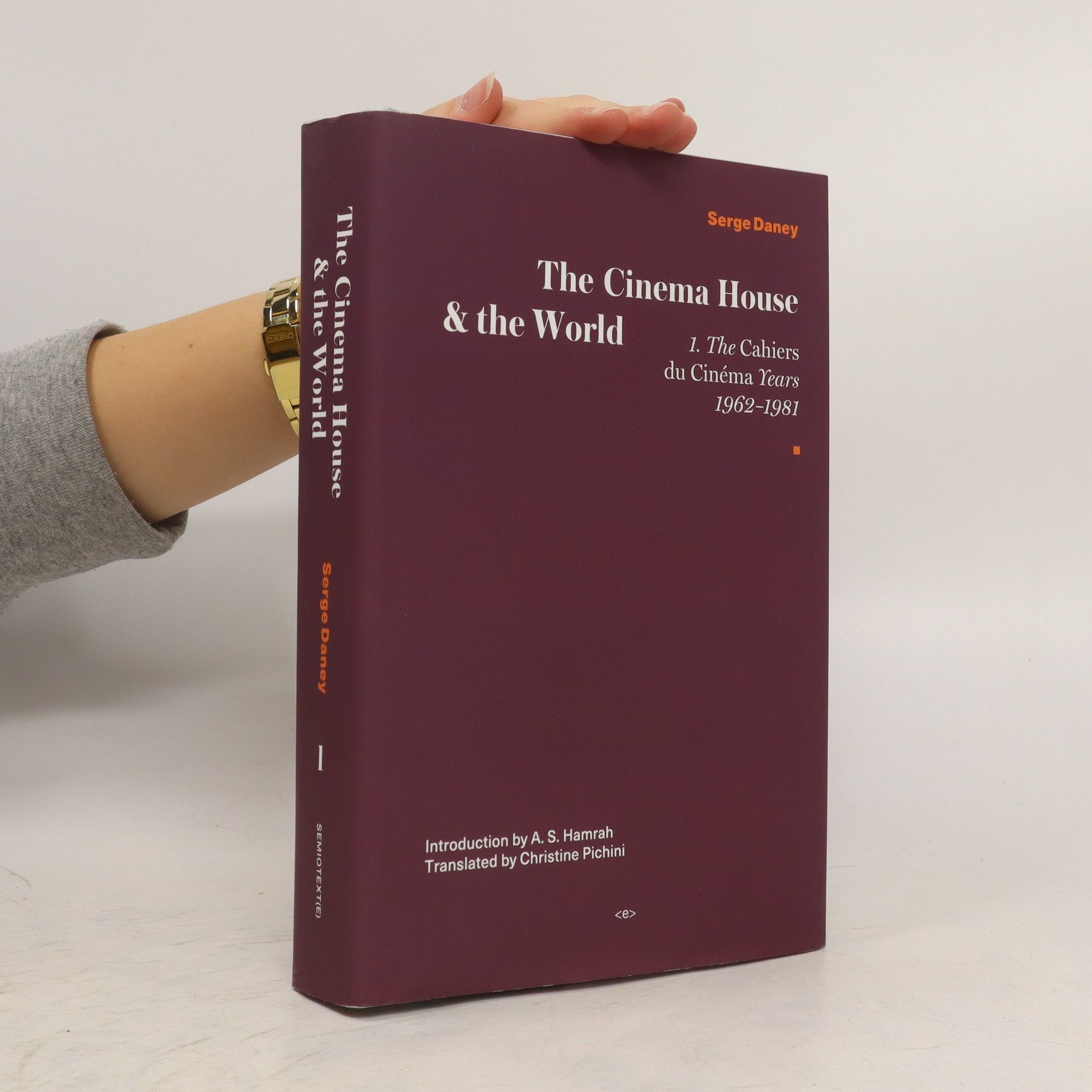One of the greatest film critics of his generation on topics ranging from the auteur approach of the French New Wave to a more structural examination of film.One of the greatest film critics of his generation, Serge Daney wrote for Cahiers du Cinéma before becoming a journalist for the daily newspaper Libération. The writings collected in this volume reflect Daney's evolving interests, from the auteur approach of the French New Wave to a more structural examination of film, psychoanalysis, and popular culture.Openly gay throughout his lifetime, Daney rarely wrote explicitly about homosexuality but his writings reflect a queer sensibility that would influence future generations. In regular intellectual exchanges with Gilles Deleuze, Félix Guattari, and Roland Barthes, Daney wrote about cinema autobiographically, while lyrically analyzing the transition from modern cinema to postmodern media. A noted polymath, Daney also published books about tennis and Haiti's notorious Duvalier regime. His criticism is open and challenging, polyvocal and compulsively readable.
Serge Daney Livres




The early essays of the most influential French film critic of the post-68 period. The Footlights (1983) was the first book by Serge Daney, a film critic admired in his lifetime by Gilles Deleuze and Jean-Luc Godard and recognized since his premature death in 1992 as the most important French writer on film after André Bazin. The Footlights stands apart in Daney’s body of work as the only collection of his essays he conceived of as a book, organizing his seminal pieces from Cahiers du Cinéma by theme and linking them with original texts that reflect in a personal voice on the doubts, battles, and illuminations of a generation of film lovers inspired by the explorations of Lacanian theory and roused by the collective aspirations of Maoist dogma. In pieces on fellow travelers Godard and Straub/Huillet, on films ranging from Pasolini’s Saló to Spielberg’s Jaws, and on the difference between film language and television discourse, Daney offers a definitive portrait of an era of radical hope and disappointment.
Von der Welt ins Bild
Augenzeugenberichte eines Cinephilen